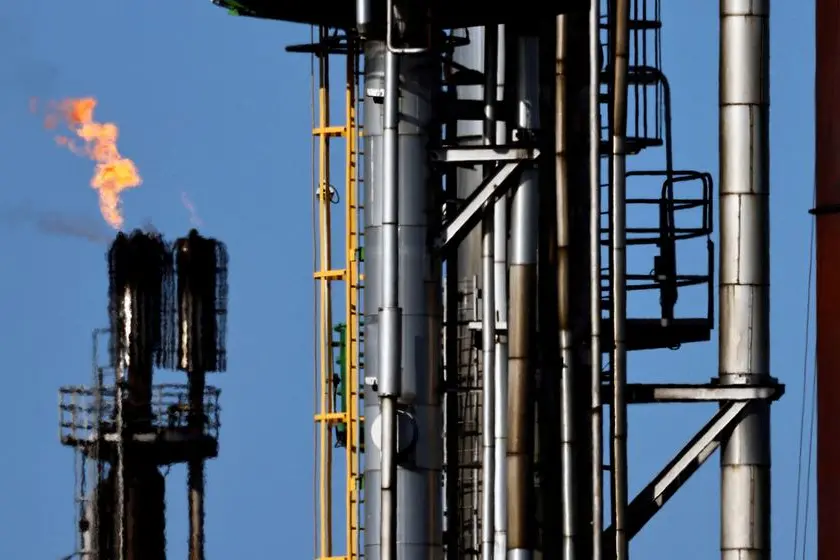PHOTO
BERLIN -
Germany's expert gas commission on Monday presented proposals to the government for a gas price cap in Europe's biggest economy to help citizens cope with soaring energy prices and encourage companies to remain in the country and preserve jobs.
Households in the country are paying more than 2-1/2 times as much for an average annual gas contract from their supplier than a year ago - before Russia's invasion of Ukraine disrupted gas supplies and pushed prices sharply higher - data from energy price portal Check24 shows.
In its final report, the commission said Berlin should cap gas prices at 12 euro cents per kilowatt hour (kWh) for 80% of households' basic consumption from March 2023 until at least the end of April 2024.
That compares with an average price in October of 18.6 cents per kWh, according to Check24, and could save an average household with an annual consumption of 20,000 kWh around 1,056 euros per year.
The cap should also limit prices for large industrial consumers to 7 cents per kWh from Jan. 1, 2023 until the end of April 2024, the commission's 34-page report said, applied to 70% of companies' 2021 basic consumption.
The commission said firms making use of the measure should maintain existing sites in Germany and keep 90% of jobs for a year, among other conditions.
A one-off payment to households should amount to one month's gas bill and be made by Dec. 20, the commission also said.
The cabinet is scheduled to meet on Wednesday to decide on the December relief, a spokesperson for the economy ministry said.
The government is expected to adopt many of the proposals as part of a 200 billion euro package announced by Chancellor Olaf Scholz last month to ease the impact of rising prices.
Scholz on Monday said the government will decide this week on the commission's key points and the economy ministry said that while Berlin will make some technical adjustments to the proposals, it will accept the main price suggestions for firms.
The commission also proposed a fixed financial incentive for some consumers who save 20% or more of their gas consumption compared to 2021.
Direct payments and savings from a cap should be taxed as a non-cash benefit for those earning more than 72,000 euros per year, it suggested.
Those in financial hardship due to rising heating bills should receive help as soon as the beginning of next year, it also said.
"The fund can be used regardless of the type of energy source," the report read, leaving the task of defining a hardship case to the federal government.
Private households should be given at least six months to settle energy debts and landlords making advance payments for their tenants should also receive interest-free liquidity support, the commission said.
(Reporting by Holger Hansen, Riham Alkousaa, Vera Eckert, Markus Wacket and Christian Kraemer, editing by Rachel More, Kirsten Donovan)





















